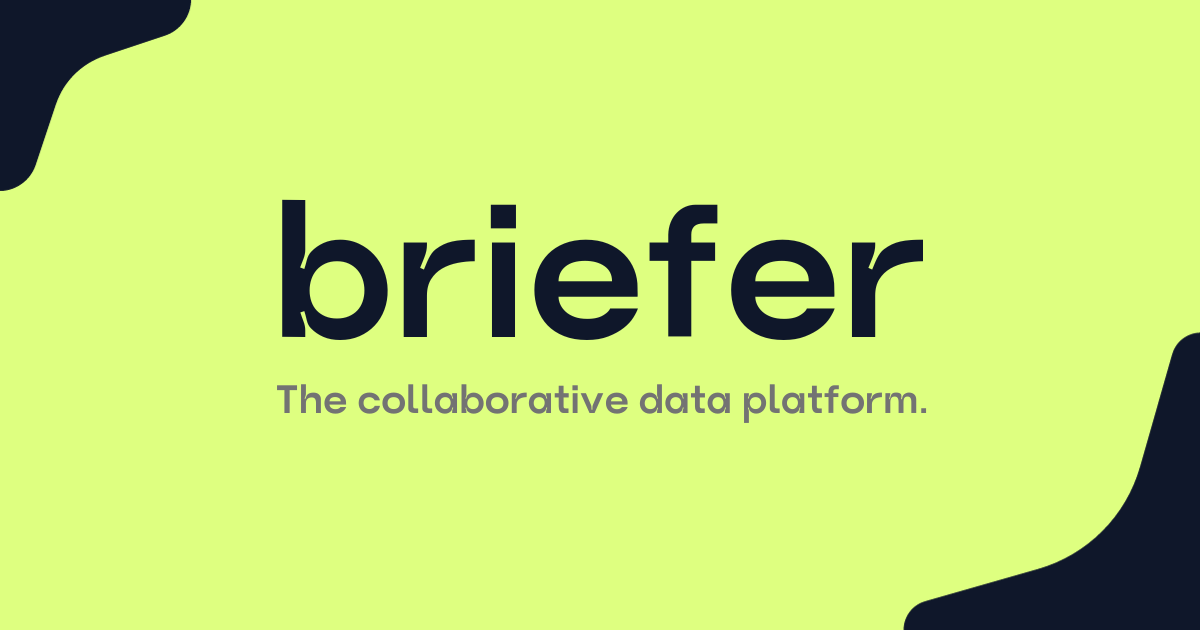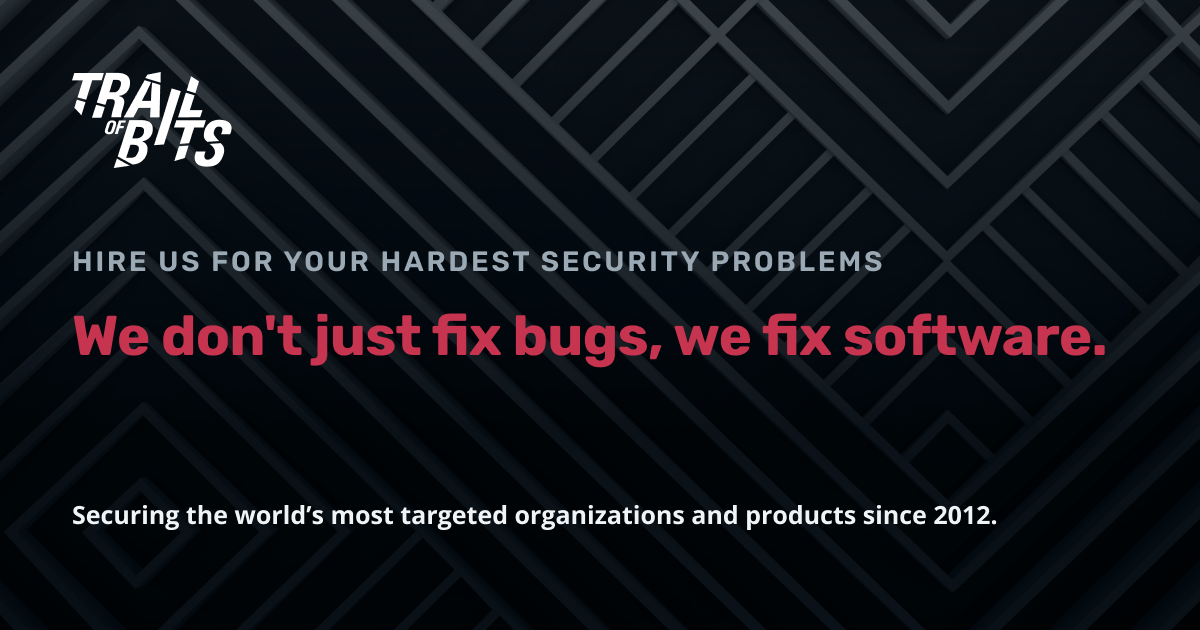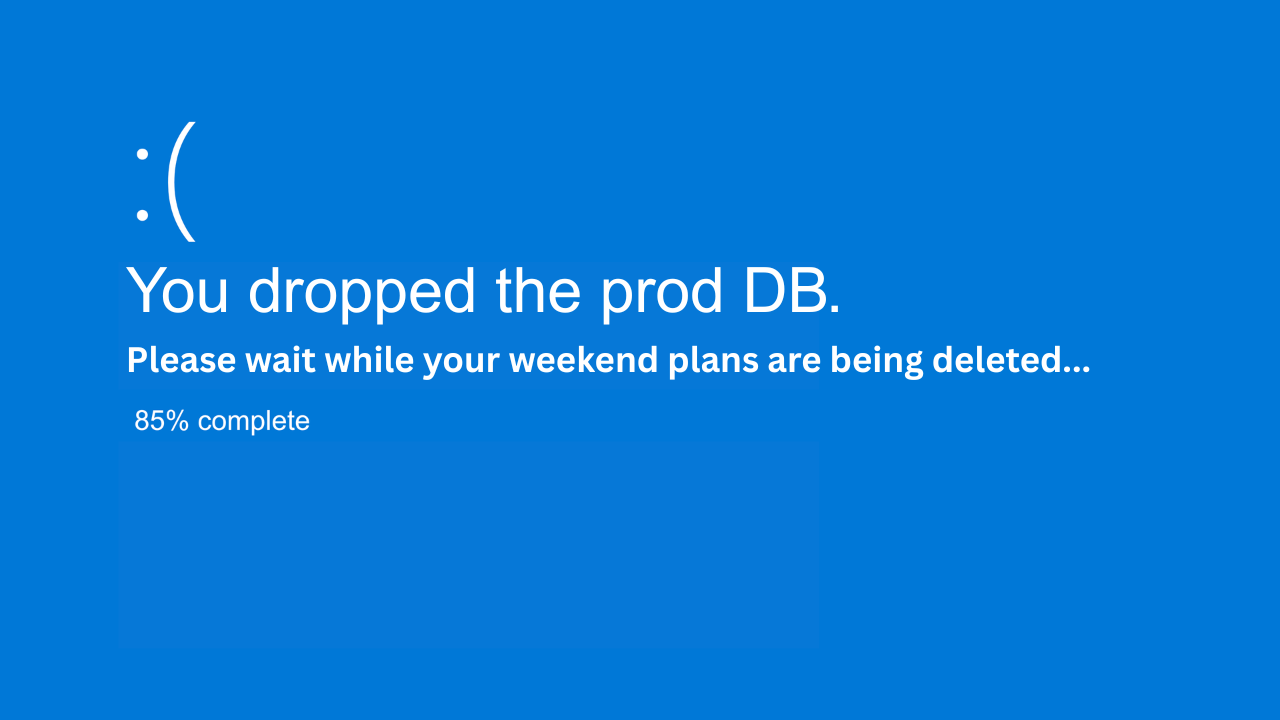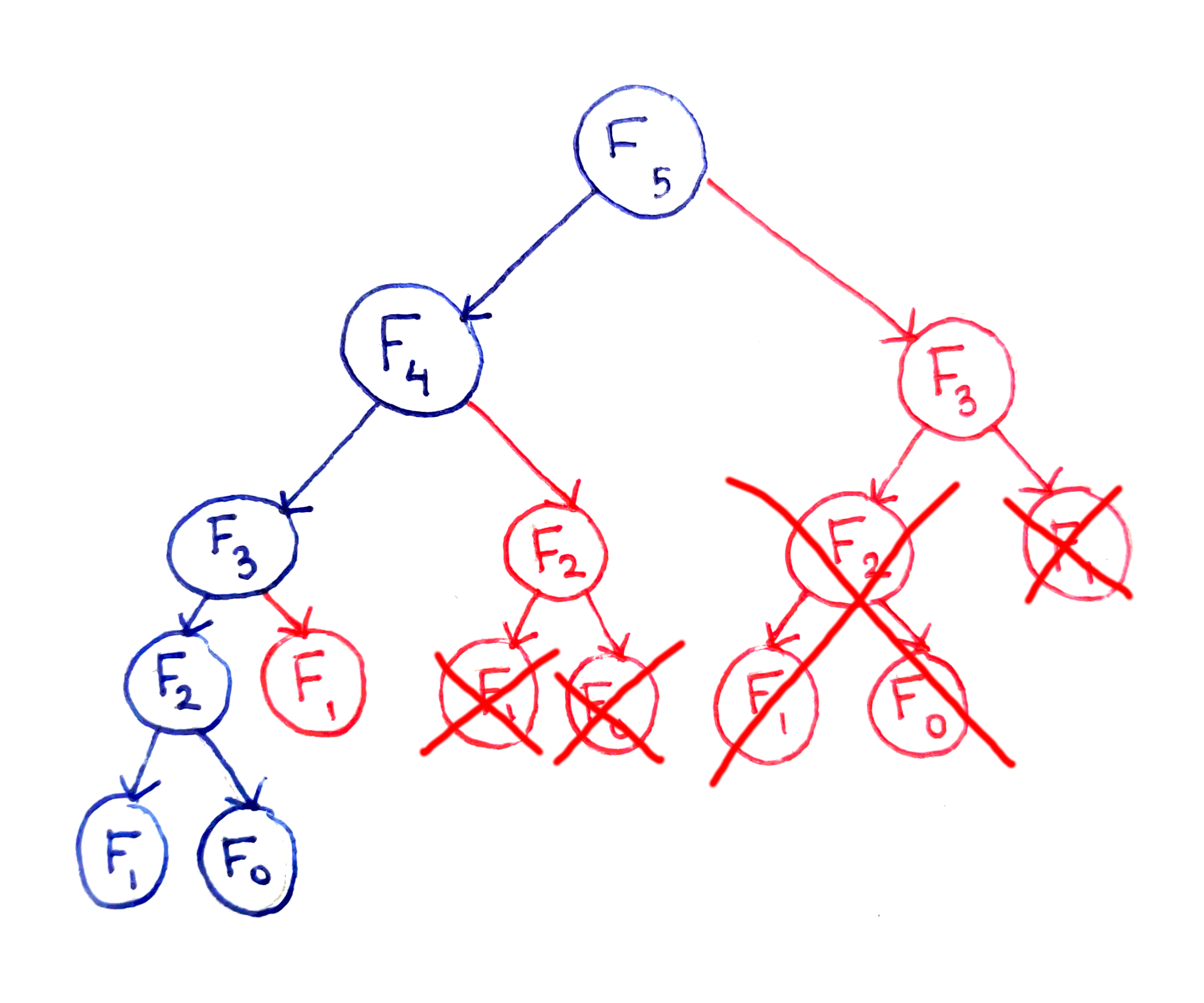Sound as Pure Form: A Stack-Based Postfix Notation Language for Sound
SAPF is an interpreter for exploring sound as pure form. Its language is primarily functional, stack-based, and uses postfix notation similar to FORTH. It represents audio and control events using lazy, potentially infinite sequences, aiming to do for lazy sequences what APL does for arrays: provide very high-level functions with pervasive automatic mapping, scanning, and reduction operators. This allows short programs to achieve disproportionately large results. Because nearly all programmer-accessible data types are immutable, the language can easily run multiple threads without deadlock or corruption. Inspired by APL, Joy, Haskell, Piccola, Nyquist, and SuperCollider, it prioritizes concise expressiveness.









